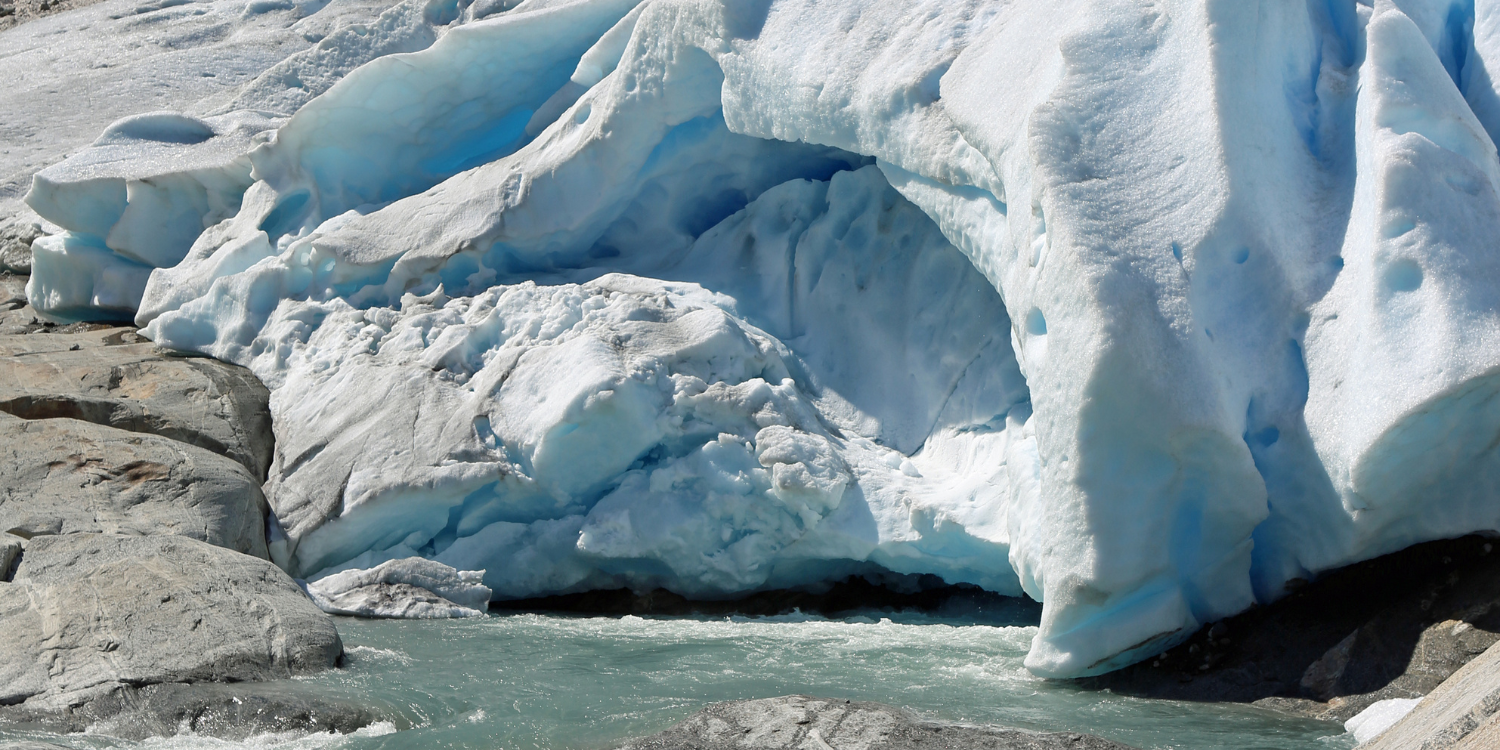
What the latest IPBES environmental report means for our planet
Over the last decade, the media has painted a pretty bleak picture for the future of our planet if our society doesn’t change its ways. However, with the new publication of an environmental report by the Intergovernmental Science-Policy Platform on Biodiversity and Ecosystem Services (IPBES), the reality of our situation has been printed in black and white with a lot of red underlining. The 1,500 page report has been three years in the making and has pooled resources from global experts, resulting in the most in-depth environmental picture of Earth captured to date. It has been condensed to a simplified 40 page version in the hope that it will help policy-makers prioritise environmental issues when passing new laws.

A quick glance through the report will tell you that the biodiversity of planet earth is declining at an unprecedented rate but it’s in the details that the really terrifying conclusions are made. More than half a million species no longer have sustainable habitats and are facing extinction within the next decade unless massive change is implemented to restore their natural environments. Our animal neighbours are not the only ones threatened however - we depend on the balance that the natural world provides, any shift in this balance can and will have devastating consequences for the sustainability of human life on this planet. In total, 1 million species are currently facing extinction and the finger solely points at us. Humans are by far the biggest polluters of the planet, destroying forests to plant crops and harvest palm oil, polluting the oceans will single-use plastics and pumping carcinogenic pollutants into the atmosphere. The almost whole-hearted contribution to climate change is putting our coastal towns at risk of flooding, increasing the likelihood of freak weather incidents and rapidly warming our planet by 0.2 degrees Celsius per decade. To put this into perspective, an increase of only 1.5 degrees Celsius would eradicate the coral reefs around the Australian coast to a mere 1% of pre-Industrial times.

While different global governments are reacting differently to the crisis, it’s important to note that a small handful of countries are far more problematic than the rest. China and the U.S.A have been identified as the worst offenders, collectively contributing to 40% of total global emissions, followed by India, Russia and Japan. Under the Trump administration, the United States has pulled out of the Paris Climate Change agreement and instead focussed on a pro-fossil fuel agenda. Conversely, the locations most at risk of extreme weather as a result of climate change are unsurprisingly in the poorest countries, with the African cities of Lagos in Nigeria and Kinshasa in the D.R. Congo highlighted as being most likely to suffer soaring temperatures and drastic weather events.
While some positive changes trends have already been noted - an increased appetite for a vegan lifestyle, bans on plastic straws in some countries and governmental promises to reduce carbon emissions - not enough is currently being done to preserve our home. While overwhelmingly negative in it’s outlook of the situation, the IPBES report does suggest that a catastrophic point of no return can be avoided, but only by implementing huge changes in the way we live within the next decade. With most governments outlining plans that will take many decades to facilitate, something more substantial needs to be done in order to ensure that our generation isn’t the last to live on a healthy planet.Recommendations from the IPCC include buying less meat and dairy products, eating locally, reducing food waste and investing in electric cars.
One simply needs to watch David Attenborough’s latest documentary series, Our Planet, in order to see the wealth of biodiversity that is being destroyed by human intervention. All aspects of the environment, from jungles and oceans to deserts and grasslands are being affected. With a concerted effort, change can and must be made. Hopefully, the shock-value this new report brings will inspire individuals to consume more mindfully and more importantly, to urge their governments to prioritise the wellbeing of the planet over a consumerist and industrialist economy.


Leave a comment
This site is protected by hCaptcha and the hCaptcha Privacy Policy and Terms of Service apply.